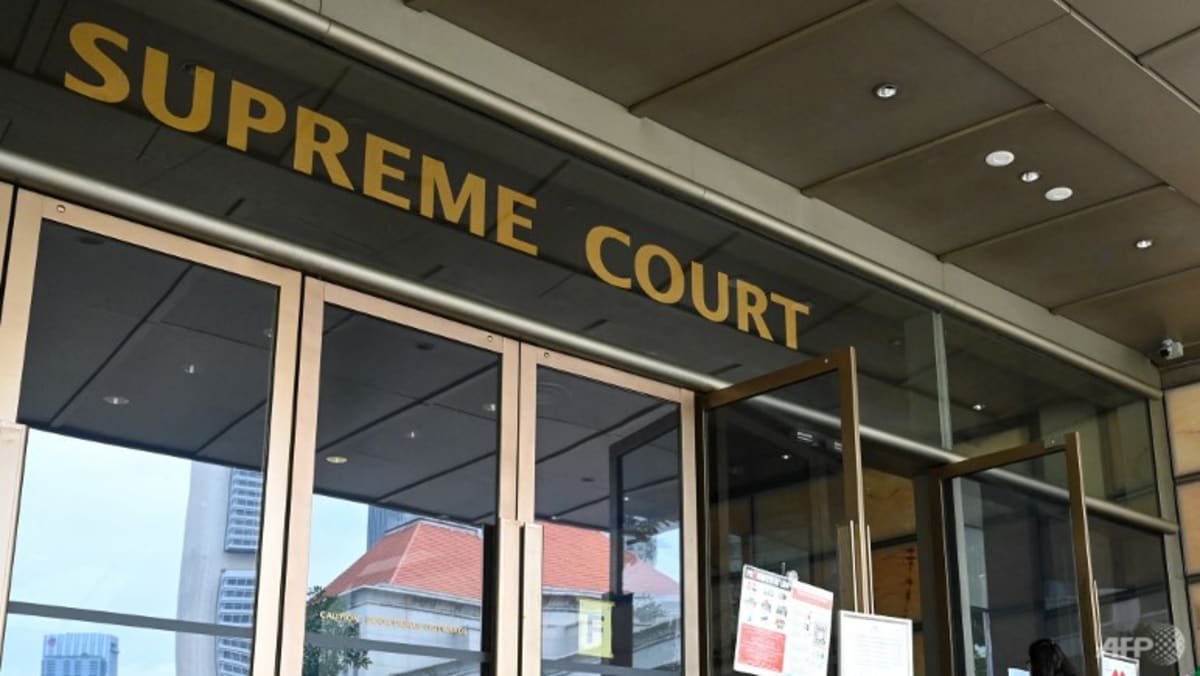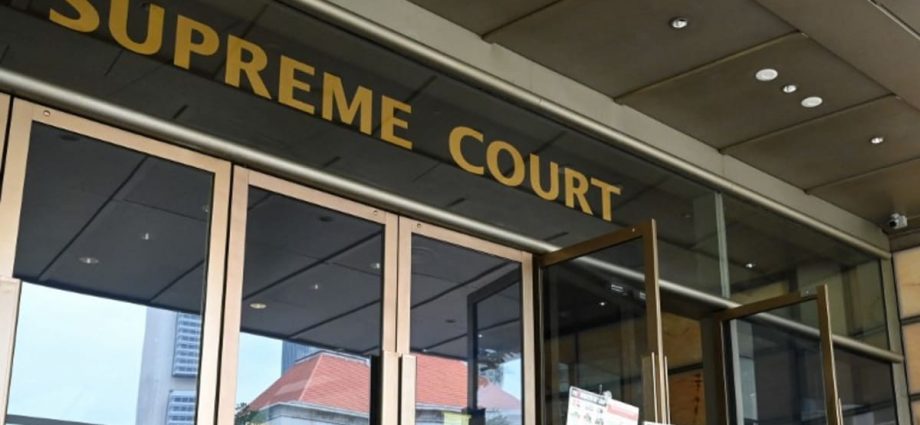
SINGAPORE: The Ministry of Law (MinLaw) and Ministry of Home Affairs (MHA) on Thursday (Sep 8) refuted statements issued by two global human rights groups regarding executions carried out in Singapore, saying they contained “inaccuracies and misconceptions”.
The International Bar Association’s Human Rights Institute (IBAHRI) and the International Commission of Jurists (ICJ) had published last month statements calling on Singapore to establish a moratorium on executions.
The International Bar Association is made up of legal practitioners, bar associations and law societies from more than 170 countries.
It also claimed that “in recent months, the Singaporean courts have imposed court orders against lawyers for filing ‘frivolous, vexatious or an abuse of process’ late-stage applications on behalf of their death-row clients”.
IBAHRI added that “punitive court cost orders raise concerns around access to justice and effective legal representation and the right to a fair trial”.
ICJ, which seeks to defend human rights and the rule of law worldwide, also expressed concern over these cost orders.
The “imposition of punitive cost orders has obstructed death-row inmates’ access to justice and effective remedies”, the non-governmental organisation added.
These accounts are inaccurate, said MinLaw and MHA in joint statements to address each organisation.
“In Singapore, all persons facing capital punishment have access to justice and legal representation,” they said.
“If a person charged with a capital offence cannot afford a lawyer, legal counsel will be offered to the person free of charge, regardless of nationality, under the Legal Assistance Scheme for Capital Offences.
“Action has never been taken against lawyers for representing persons facing capital punishment.”
But the right to have counsel defend all defendants does not mean people can abuse the court process, the ministries noted.
“In many jurisdictions, the courts have powers to prevent abuse of the court process.”
Both IBAHRI and ICJ “cannot be seriously suggesting that it wants abuses of court processes to go unpunished”, said MinLaw and MHA.
SINGAPORE COURT DEALT WITH ABUSE
The ministries said Singapore’s Supreme Court has taken steps to deal with abuse in both capital and non-capital cases.
The statements by IBAHRI and ICJ referred to a case involving 24 people who had full legal representation, which had been dismissed by Singapore’s Court of Appeal – twice, after the 24 attempted to reopen their case.
Regarding the abuse of court processes, MinLaw and MHA cited the example of an unnamed lawyer whom they described as the subject of six of eight instances in which the Courts had to impose costs orders against lawyers representing persons sentenced to capital punishment.

